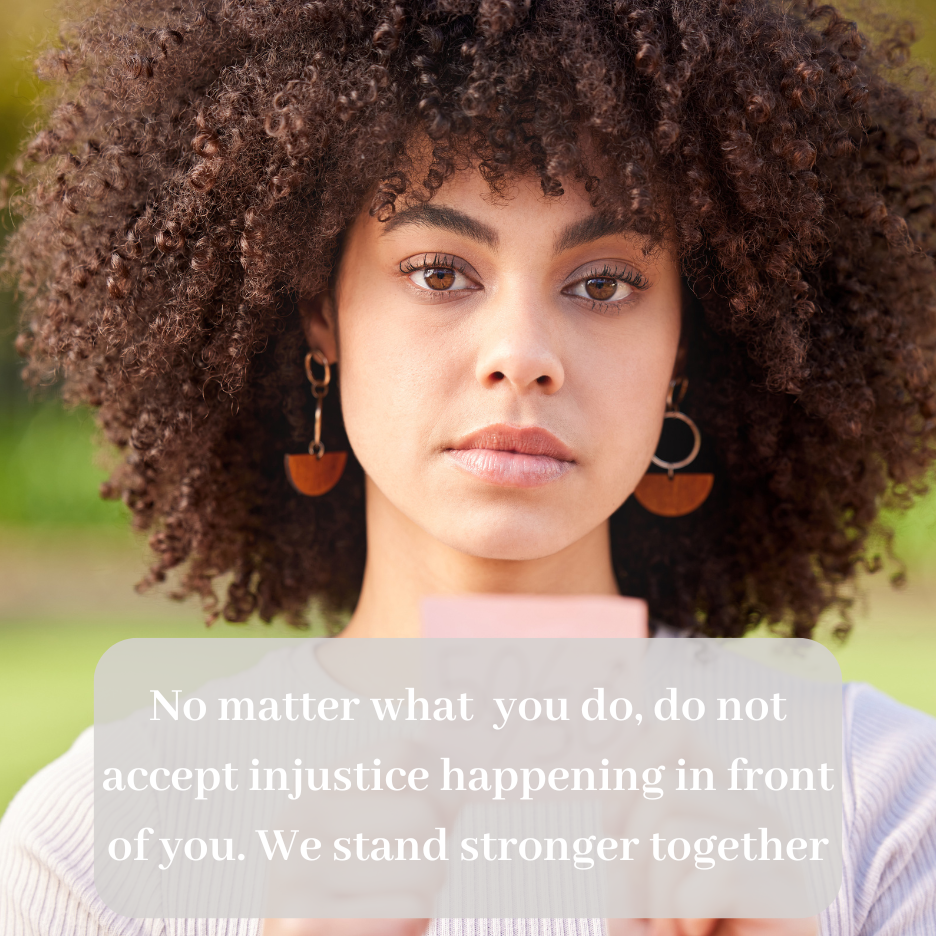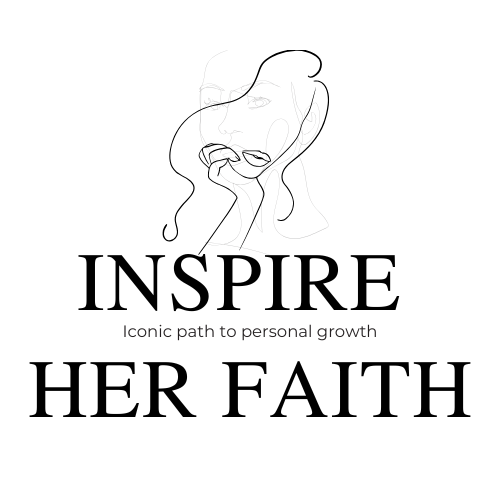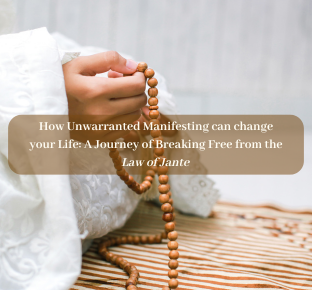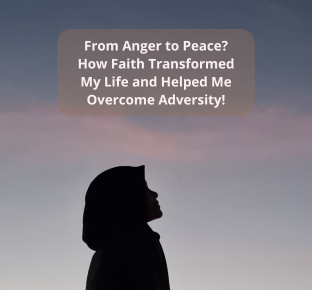
Life can unexpectedly throw challenges your way, often without any valid reason. One such incident occurred in 2017 when I was racially profiled by a bus driver, an encounter that ended with me being taken away by the police.
My friend was staying over at my one-bedroom apartment, and around 10 am, I headed to school for my late-start class. As I boarded the bus, I realized I had forgotten to renew my school bus card. I explained the situation to the bus driver, expecting a routine response since I was a regular passenger. Surprisingly, she responded with hostility, despite recognizing me from my daily commutes.
I reached for my wallet, only to discover I had left it at home. I informed the driver that I had just enough cash for a single ticket and began counting the coins in my bag. Instead of understanding, she demanded I either pay or leave the bus. Despite my efforts, she grew increasingly impatient and insisted I exit the bus. Frustrated, I called my friend, but he was still asleep.
Eventually, I managed to gather enough coins and placed them on the counter. The bus driver, however, accused me of not having enough money. This accusation was puzzling, as I had counted the coins meticulously. Other students on the bus noticed the unfair treatment, and one even offered to pay for my ticket, but I refused, determined to handle the situation myself.
Reflecting on this incident, it became clear that the bus driver’s hostility was rooted in racial profiling. This experience highlighted the importance of standing up against discrimination and the need for systematic changes to prevent such incidents.
Encounters like these underscore the significance of resilience and advocacy in the face of injustice. By understanding the dynamics of such situations and responding with calm and assertiveness, we can challenge unfair treatment and push for a more equitable society.
My attempts to save the day led to my arrest?
Despite my attempts to resolve the situation peacefully, the bus driver became increasingly hostile. When I laid the coins on the counter, she angrily threw them back at me. Enraged, she got up from her seat, grabbed my arms, and physically assaulted me, trying to push me off the bus. I stumbled and fell out but quickly got back up and re-entered the bus before she could close the door.
I informed her that her actions constituted assault and that I would report her to the police. Other students on the bus, who had witnessed the entire incident, cheered me on. At this point, I no longer cared about missing my class or disrupting the bus schedule. I called the police and explained the situation, and they said they were on their way.
I stood my ground and warned the driver not to touch me again, stating that I would defend myself if necessary. She remained silent, only muttering that she would wait for the police. It was clear that she was beginning to realize the gravity of her actions.
When the police arrived, they intervened and confirmed that the bus driver had acted wrongly. They offered me a ride to school, concerned for the driver’s safety and worried that I might retaliate. I later learned that she had reported my threat to defend myself, conveniently ignoring that she had initiated the assault and my little “threat”.
In a small city with a population of 40-50k, incidents like this are rare. The other passengers on the bus watched carefully, trying to catch every word of the unfolding drama. The officers decided to drop me off behind the school to avoid creating a scene in front of my classmates, which I appreciated.
In the back of the police car, I recounted the entire ordeal to the officers while struggling to hold back tears of frustration and anger. They listened sympathetically, understanding the emotional toll the incident had taken on me. Their gesture to drop me off discreetly at school was a small but meaningful act of kindness, helping me regain some composure after a distressing experience.
This incident highlights the importance of standing up against discrimination and ensuring that such unacceptable behavior is addressed. It’s a reminder that no one should tolerate being mistreated, and that justice and compassion must happen in the face of injustice.

A plant needs roots in order to grow. With man it is the other way around: Only when he grows does he have roots and feels at home in the world
Eric Hoffer
Is she exposed or was her racism already known in the town?
Upon arriving at school, I was met with a mix of stares from my peers. Some seemed to regard me with respect and sympathy, while others simply observed silently. Despite feeling embarrassed by the attention, I reflected on the incident during the journey, and got self-conscious wondering if I had handled the situation too harsh.
I questioned whether involving the police had been necessary and pondered the repercussions of my actions. Despite these doubts, I resolved to address the aftermath and confront any rumors or misconceptions that may have arisen while I was away during the class.
I had been in my head for so long that I had forgotten about the full bus that witnessed the entire scene, they saw and heard everything that happened. Suddenly, I felt the anxiety crawling up within me.
Thoughts like “Was I too harsh with this old lady?” “Was it necessary to call the cops on her?” “Was I in the wrong in this situation for not preparing for my trip this morning, as I was the one who forgot to bring my wallet with me?” I did not prepare for an intervention at school and had no idea what was told to everybody or how the rumors had spread.
I missed my first class because of all this, so I came just in time for lunch. As I made my way into the main library (which is where most students are) from the back of the school entrance, a group of students approached me during lunch and informed me that they had read about what happened.
Confused, I asked them to show me what they had seen. To my surprise, there was already a news article about the incident in the local news. It bewildered me how quickly everything had unfolded; barely an hour had passed since the incident occurred.
As we sat down, one of the students explained the potential impact of the news coverage and reassured me that I had nothing to be ashamed of. They affirmed that I had handled the situation appropriately, especially considering the bus driver’s known history of racial profiling and discrimination against minorities.
My classmates shared that I was the first to stand up to her behavior, which they found admirable and brave. I was still shaken by the whole experience and did not know how to process everything that had just happened after hearing all this.
Listening to their stories, I was both amazed and shaken by the impact of my actions. Despite feeling overwhelmed, I appreciated the support and validation from my peers.
Standing Strong
Later, my friend called, groggy from just waking up. I recounted the incident to him, and he immediately wanted to accompany me to the bus company’s office to address the issue.
His protective instincts kicked in, and he insisted on taking action, but I suggested waiting for the police response before escalating the situation further. He felt guilty for not being there when I needed him, which likely fueled his determination.
That evening, we went to the bus company’s office. We were advised to file a complaint through their website. My friend was adamant about immediate action and even caused a scene, demanding the driver be fired on the spot.
His reaction left the office staff bewildered, as they had no prior knowledge of the incident. Despite his frustration, I felt reassured by the support I had received from my peers and the attention the incident had already garnered.
I explained to my friend that I was satisfied with how things were progressing. The driver had a reputation in the city for being unfair and discriminatory, especially towards students and minorities.
By reporting the incident to the police, I hoped it would make her reconsider her actions in the future. Despite my reasoning, my friend remained upset and protective, making his displeasure known for the rest of the week.
In the end, I valued the support and solidarity from my peers more than a formal resolution. The incident highlighted the importance of standing up against discrimination and reinforced my belief in the power of community support.

Reflection on the incident
Reflecting on my experience, I realized how pervasive discrimination against minorities can be and the necessity for us to speak out against such injustice.
Drawing from Islamic teachings that advocate for justice and compassion, I learned the importance of standing up for what is right, even when it is challenging. These events, while difficult, are valuable life lessons that test and strengthen our character, composure, patience, and hearts.
Despite the hardships, I committed to continuing my fight against oppression and wrongdoing, not only for myself but for others as well. For instance, there was another time when I faced harassment, which further highlighted the ongoing struggle to confront injustice, especially when it involves strangers.
The incident with the bus driver drew attention to the issue of racial profiling by some drivers in our city. It was a well-known problem among my school peers, but it needed someone to bring it to light officially. That person turned out to be me, and I’m glad it happened.
This experience has made me tougher and reinforced my belief that nothing occurs by accident; everything happens for a reason. We are placed in certain situations for a purpose, whether we acknowledge it or not. Trusting in a higher power can guide us through these challenges.
Conclusion
In conclusion, standing up against injustice is crucial. It not only helps address wrongdoings but also empowers others to do the same. Each of us has a role to play in creating a fair and just society, and sometimes, we are placed in situations specifically to make a difference.
Jazakallah Khair
Suggested reading: My Encounter with Discrimination at the Gym – A Woman’s Role in Perpetuating Prejudice



